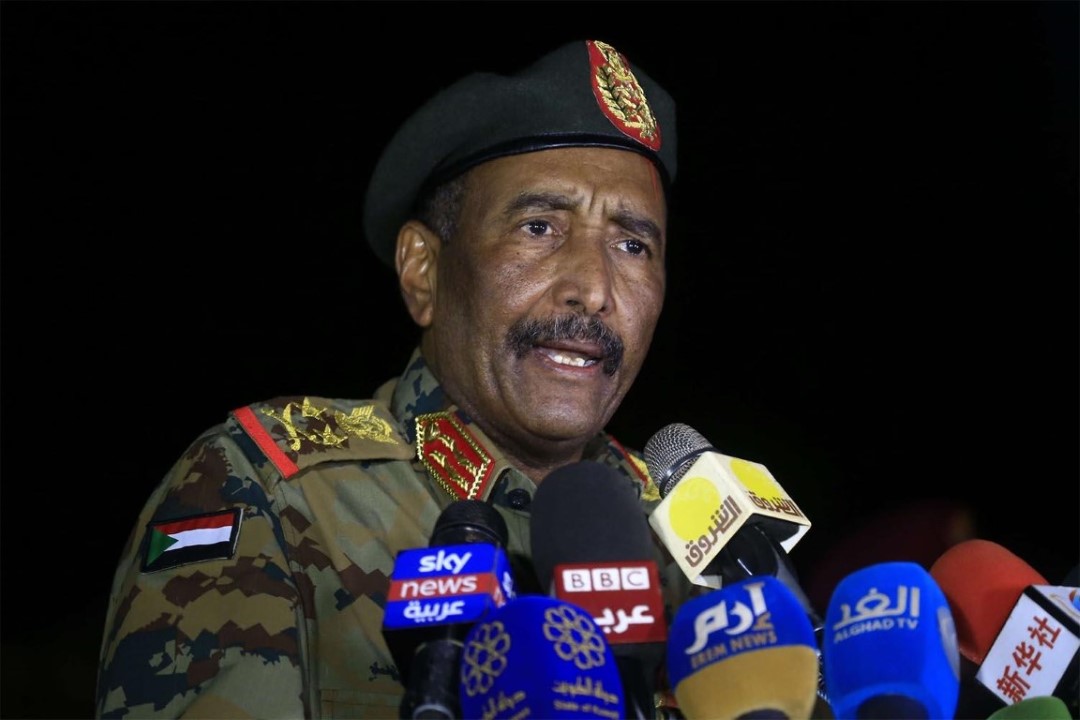Even before the euphoria in Sudan had settled down following the country’s removal from the U.S. list of state sponsors of terrorism, protests began as citizens came into reckoning with the entirety of the deal.
Not only had Sudan agreed to pay $335 million as compensation to the victims of the U.S. Embassy bombings in Nairobi and Dar es Salaam, but also agreed to normalize relations with the State of Israel.
That was controversial in the Muslim majority nation that once hosted the infamous ‘Khartoum conference’ in 1967 where the Arab league after defeat to Israel in the six day war declared three nos. No to recognition of Israel, no to peace with Israel and no to negotiations with Israel.
Even so, sentiment amongst the divided country’s political arena meant that any sweeping reform would always bring about controversy.
The military leader of Sudan’s ruling council has now sought to defend the deal, citing unconcluded negotiations on the part of establishing relations with Israel, and listing the economic benefits that Sudan will accrue as it battles a profound economic crisis.
Abdel Fattah al-Burhan explained in an interview that he had consulted with the Prime Minister and most of the political parties before the agreement was announced by U.S. President Donald Trump and Israeli Prime Minister Benjamin Netanyahu.
“I always prefer to call it reconciliation instead of normalisation,” Burhan said in a televised interview. “So far, we have not concluded an agreement. We will sign with the other two parties, America and Israel, on the aspects of cooperation.”
Following the ousting of longtime dictator Omar al-Bashir, Burhan took over power and he now leads a joint military-civilian sovereign council that acts as the country’s defacto government.
The new government consists of technocrats who have sought to improve Sudan’s standing on the world stage as they battle an economic crisis that includes rapid inflation, weakening currency and shortages of essential goods.
There is renewed optimism that the recent deal with the United States will spur investment opportunities and provide debt relief.
Meanwhile, Sudan also seeks to gain from the agricultural knowhow of Israel, as the country seeks to diversify from its dependence on oil. In the 1960-80s, agriculture was a huge backbone of Sudan’s economy, contributing more than 85% to its gross domestic product (GDP).
Years of under investments, reliance on oil, conflicts, and later on U.S. sanctions slowed down the sector, with its contribution to GDP in 2019 standing at 30%.
South Sudan’s secession in 2011 also led to a reduction of former Sudan’s 84 million hectares of arable land.

